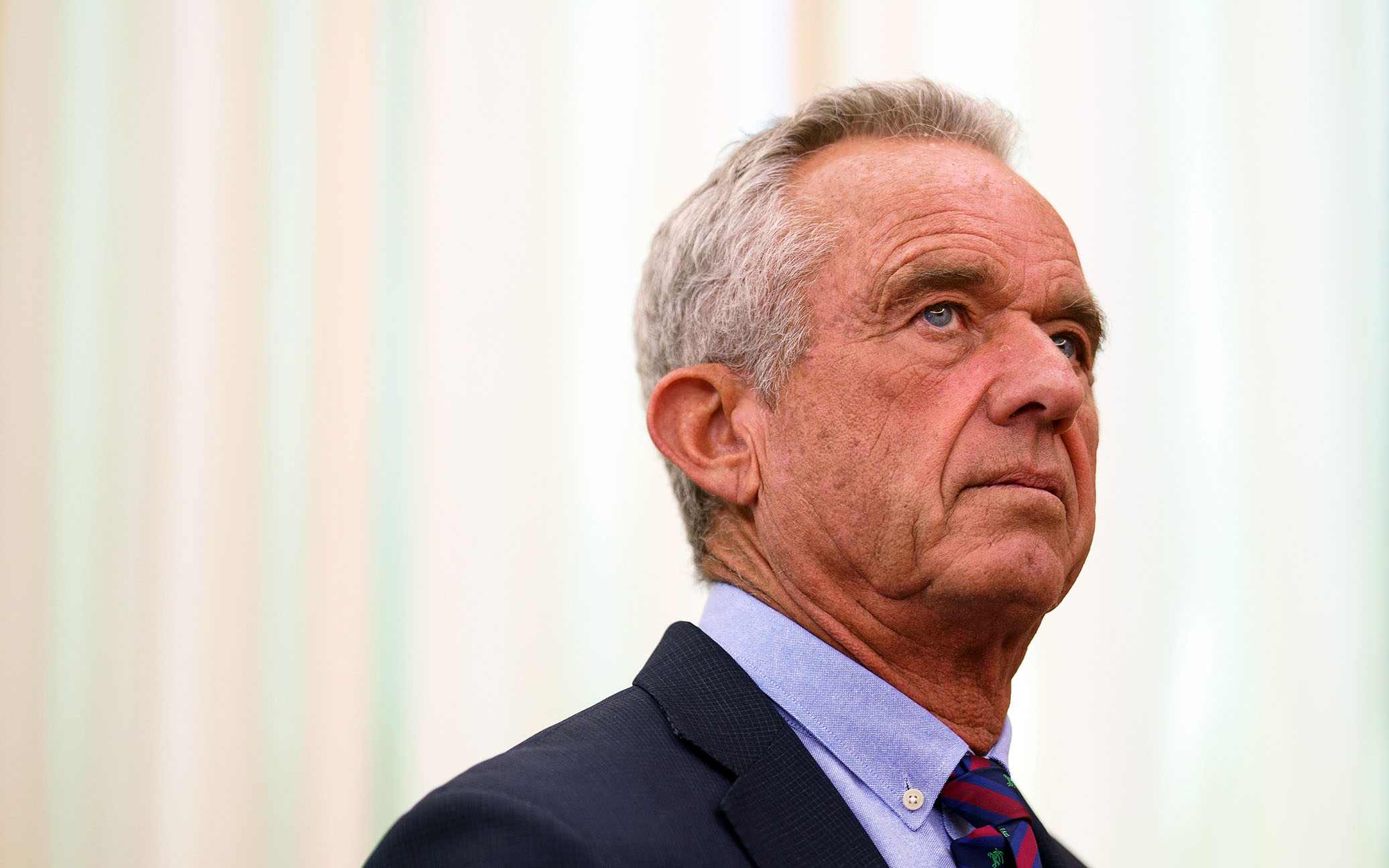Therapy firm to pay in COVID vaccine religious-discrimination case - McKnight's Long-Term Care News
A rehab firm will pay a cash settlement to an occupational therapist it fired when the worker declined a COVID-19 vaccination required by a nursing home that contracted its services.
The settlement, reached after the US Equal Employment Opportunity Commission intervened, comes nearly two years after the Centers for Medicare & Medicaid Services ended a required vaccination policy for nursing homes, and their contractors, vendors and volunteers.
The Supreme Court allowed providers to give their employees vaccine exemptions for religious or medical reasons, which a 2022 government report found to be granted relatively rarely.
Some states also had their own vaccine mandates, and in at least two cases, the Supreme Court declined to intervene when those did not include religious exemptions.
In Minnesota, where Infinity provides services and the EEOC brought its case, there was no separate mandate for healthcare settings.
But the government accused Infinity of forcing the affected employee to comply with the nursing home’s own policy requiring any contracted staff working there to be vaccinated against COVID-19.
“Pursuant to her religious beliefs, the employee requested an accommodation so she would not have to get the vaccine,” the EEOC said in a statement Tuesday. “While Infinity Rehab initially asserted it intended to accommodate the employee’s request, the third-party facility’s policies ultimately precluded them from providing the employee with an accommodation and she was terminated as a result.”
Oregon-based Infinity provides occupational, physical and speech therapy in about 100 skilled nursing, long-term care, home health and hospital programs across 18 states.
The EEOC said it had found probable cause that the company “engaged in an unfair discriminatory practice, and ultimately terminated the therapy assistant’s employment” in violation of the Civil Rights Act.
Following an investigation, the two parties entered the EEOC’s pre-litigation conciliation process, during which Infinity Rehab agreed to: pay undisclosed monetary damages to the former employee; update policies and procedures for applicants and employees to request a religious accommodation; and implement training for management and to better inform non-supervisory employees of their rights.
The company provided the following statement on the settlement to McKnight’s Long-Term Care News Thursday:
“At Infinity Rehab, we take our responsibility to provide a fair, respectful, and inclusive workplace very seriously. In this case, while we intended to accommodate the employee’s request, the final decision was governed by the third-party facility’s COVID-19 vaccination policies, over which we had no authority.
“Nonetheless, we recognize the importance of continuing to strengthen our internal processes, and we have fully cooperated with the EEOC’s conciliation process,” the company added. “We’ve taken proactive steps — including updated training, policies, and procedures — to help ensure that all employees’ rights are clearly understood and respected moving forward. Our commitment to our people remains a top priority.”
The Biden administration embraced vaccine mandates during the heart of COVID, when more than 200,000 nursing home residents died from the virus. The vaccine and the mandate approved by the Supreme Court in January 2022 changed caregiving in the pandemic-era, bringing nursing home cases and mortality rates under control.
By March of that year, the Heath and Human Services Office of Inspector General found that 91% of staff nationwide had received the required vaccine doses, with about 6% granted religious exemptions.
But in the years since, the trend has moved away from mandates and many states have moved to strip governors of their right to enact vaccine requirements. The Trump administration echoed that anti-mandate stance in announcing the Infinity settlement.
“COVID vaccine mandates have been a major area of substantial encroachment on religious liberty, in contravention of long-standing federal employment law and EEOC guidance and enforcement in this space,” EEOC Acting Chair Andrea Lucas said. “A pandemic is not an exception for disregarding the rights of religious employees.”








